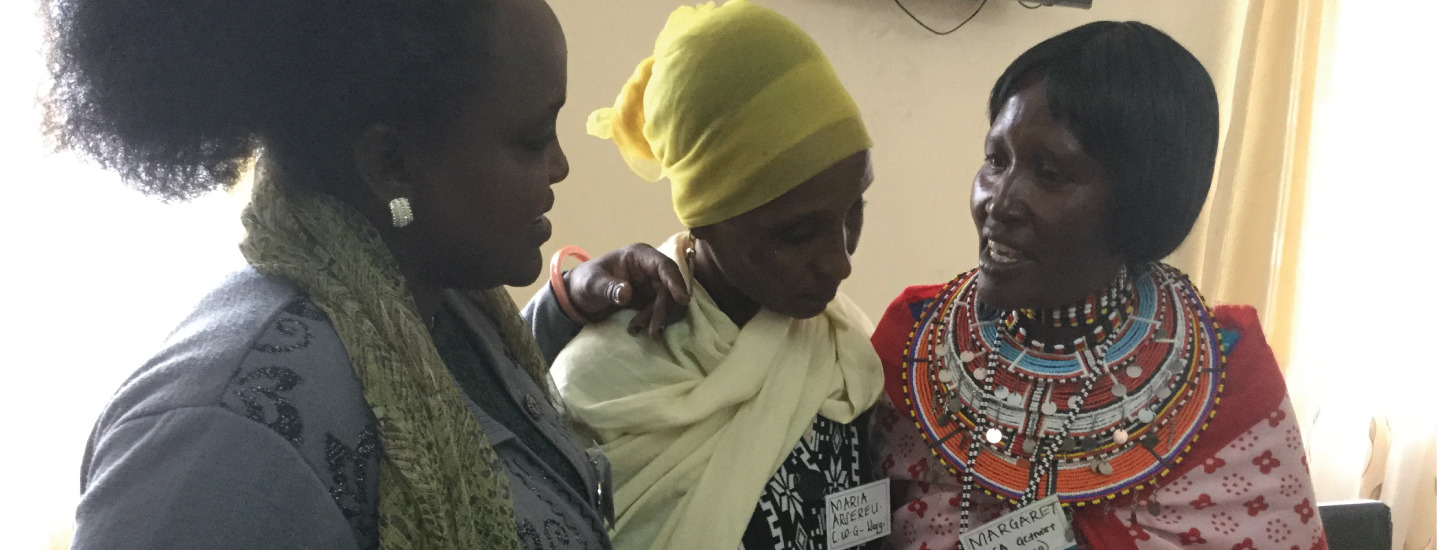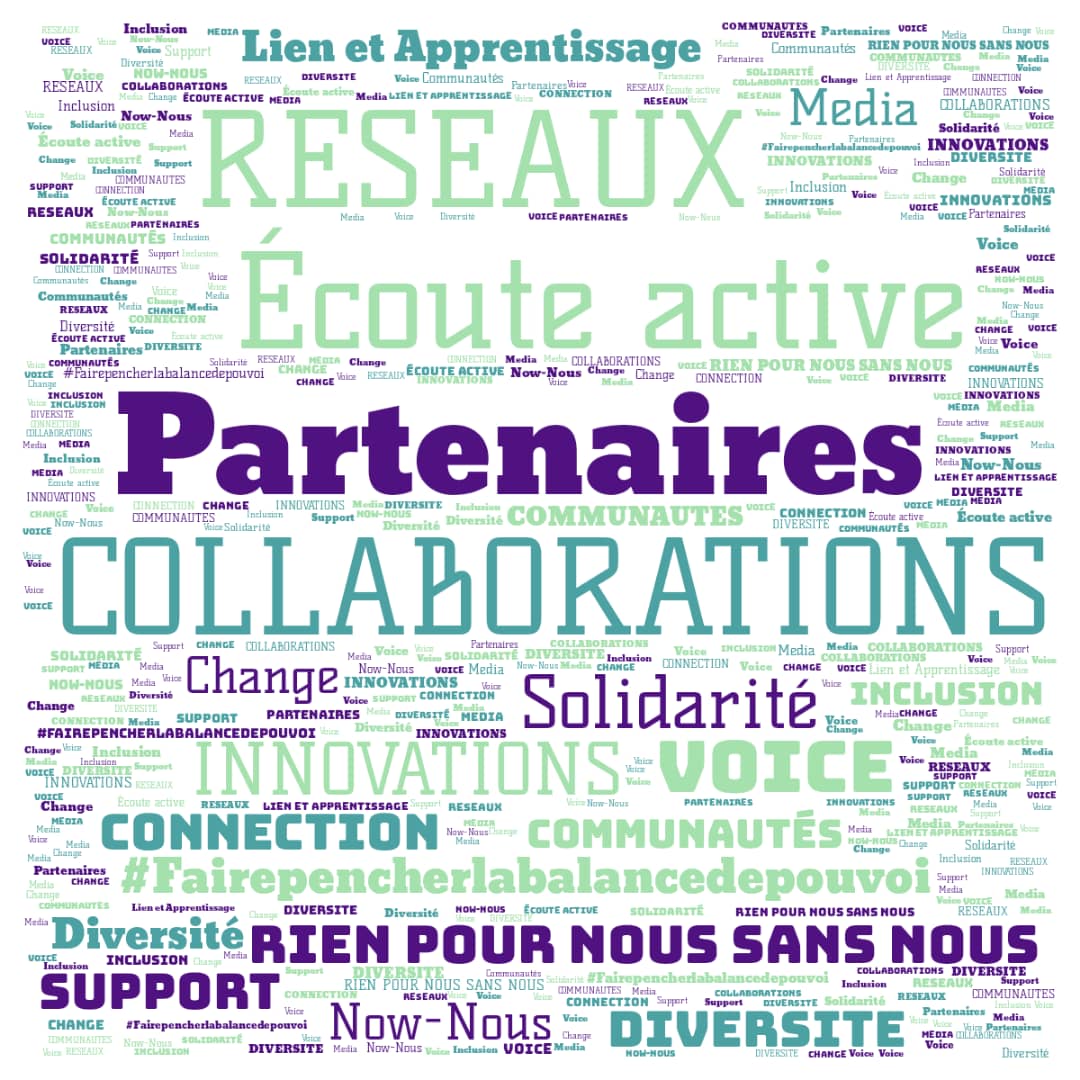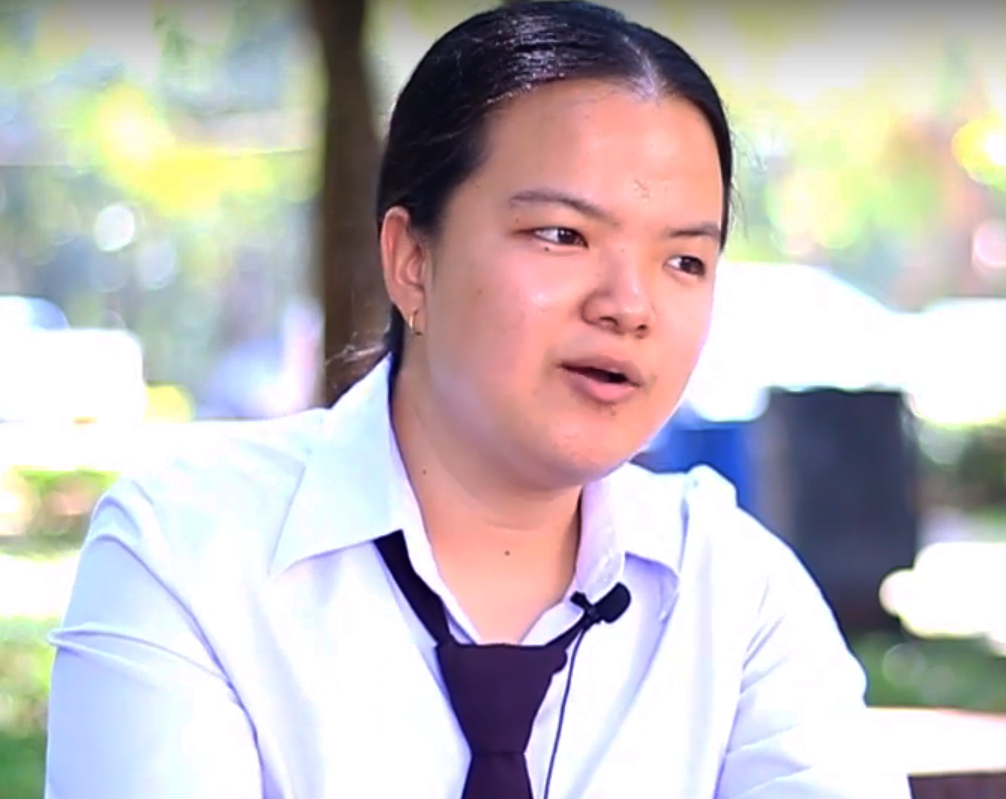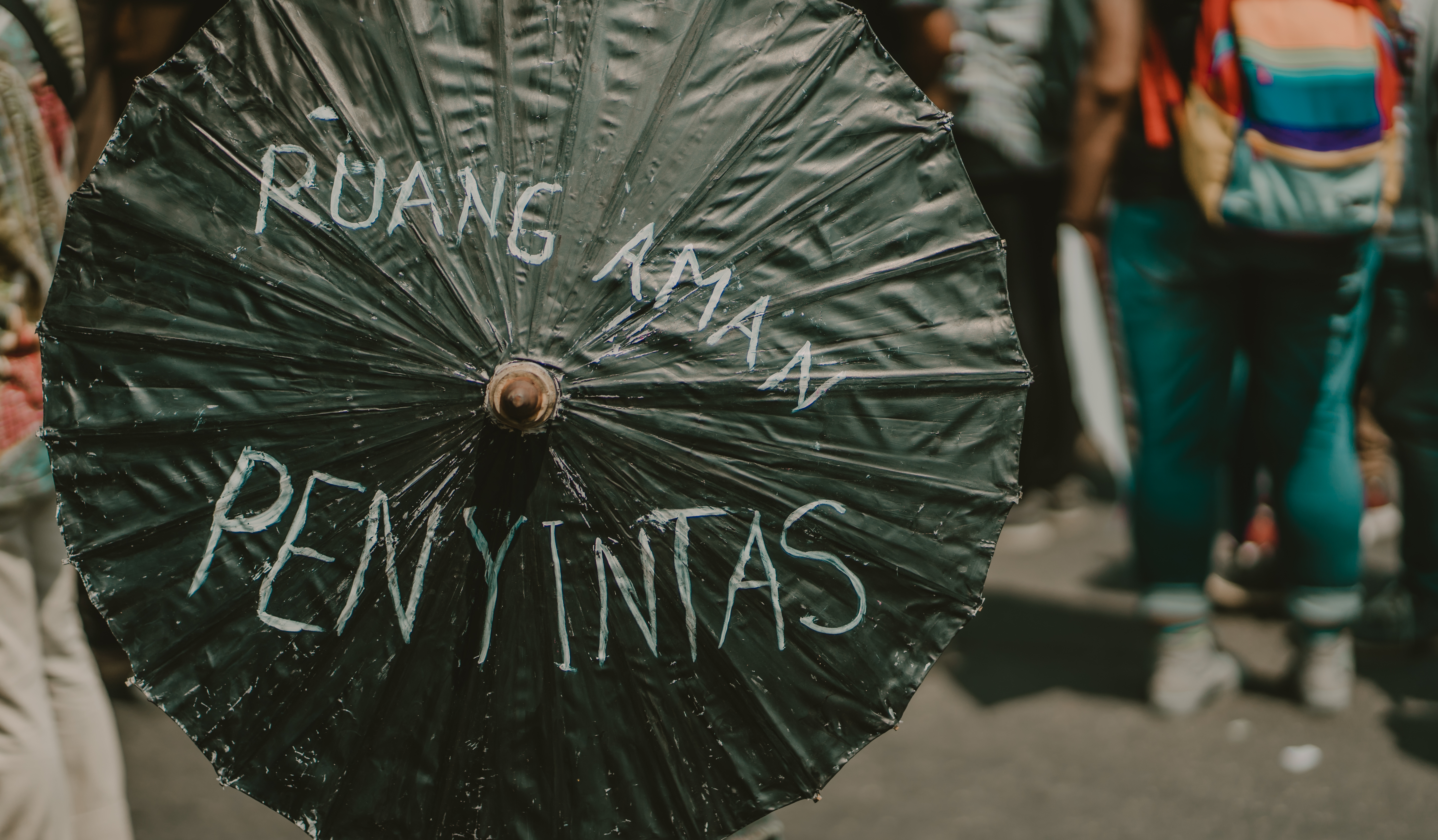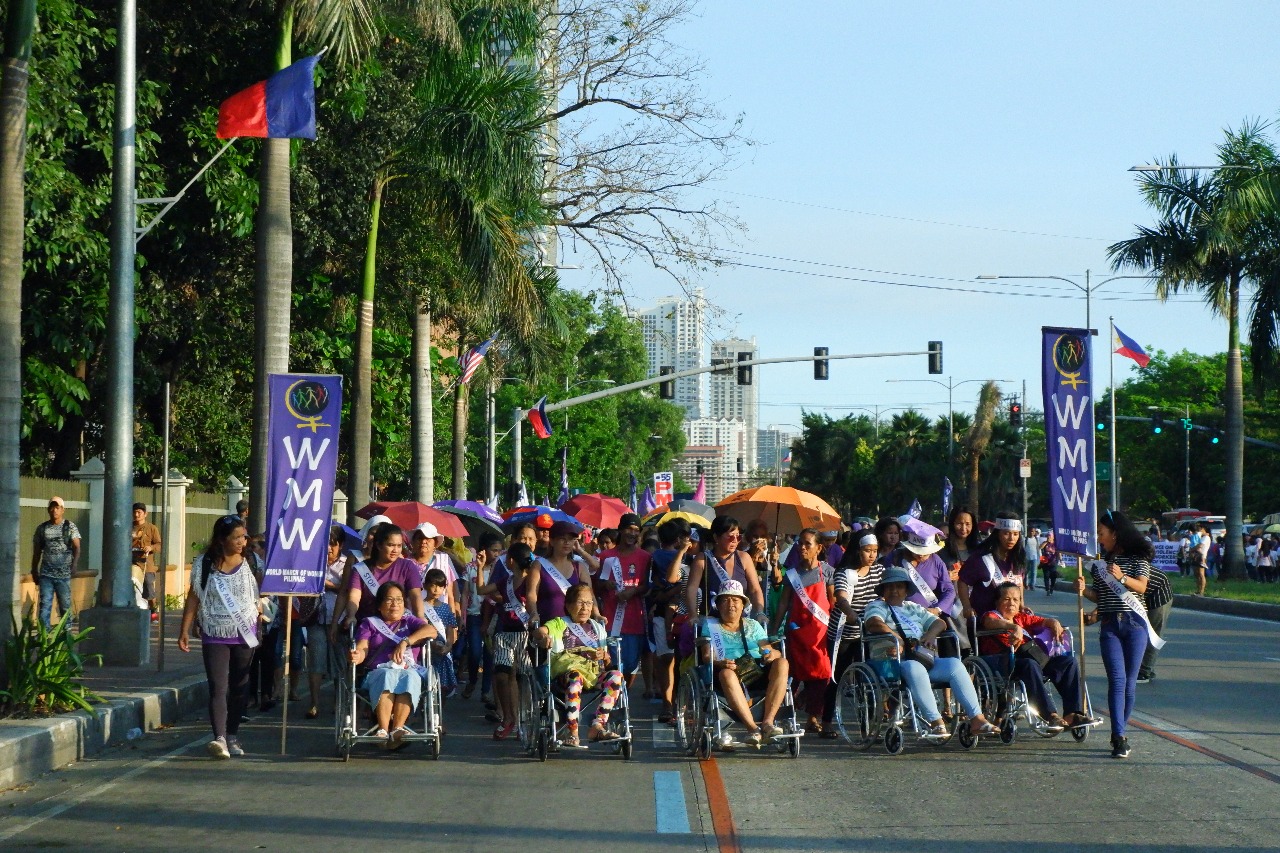Shattering the shackles of stigma
… the true story of a female returned citizen
“At the age of 12, while growing up on the streets of Maiduguri full of glorious ambitions, I never knew that one day I would waste ten productive years in prison and come out to face a world that stigmatizes ex-inmates. Stigma is a great barrier that most ex-inmates face in their search for a means of livelihood in Nigeria. »
My name is Amina Balogun. I am a 41-year-old mother with four children. Currently, the leader of the Female Inmates and Returned Citizens cooperative society of Nigeria. My journey to leading one of the most excluded and stigmatized groups in the world can be seen as an act of resilience toward « Shattering the shackles of stigma ». FIRC is an emerging association that has attained registration as a cooperative society and it hopes to register with the Cooperative Affairs Commission in Nigeria soon. The organization has its headquarters in Enugu and a branch officer in Abuja. It is our vision to spread to all states of the federation.
It happened to me in the year 2011, when I was arrested for illegal possession of firearms and sentenced to 10 years imprisonment. I spent over five years as an Awaiting Trial Person (ATP) before being convicted of the crime. A report from World Prison Brief revealed that 72.4% of inmates in custodial centers in Nigeria are ATPs (http://www.corrections.gov.ng/). It goes to show how Nigeria’s slow judicial system can translate into a case of injustice. I regained my freedom in 2021 and currently stay in Abuja, Nigeria with my children while leading the activities of FIRC.
After six months of incarceration, the worst happened when I got the news that terrorists operating in the Northeast axis had killed my husband. While in prison, whenever I remember that my helpless children were kept at the mercy of my relatives and the overreaching negative impacts this could cause in their lives, I was completely devastated. I have no option but to mother my children from prison. Though it was indeed a traumatizing experience for me, I constantly reassure them that I am going to make up for the 10 wasted years without the love of a mother. My resolve to give my children the best in this second phase of my life is part of the reasons for my success stories. My mantra now and forever is that:
« I remain courageous and focused because I am different now and my past is behind me. »
Life can be very challenging. However, the most enduring thing that guarantees victory is the courage to face our fears. As a widow with four children, I could not imagine that I had the innate ability to overcome the stigma of incarceration until the opportunity was provided by VOICE and Carmelite Prisoners’ Interest Organization (CAPIO) through the empowerment grant. My story and that of many other female inmates took a different turn when the gender-sensitive approach to the treatment of female inmates was introduced. The CAPIO intervention, funded by Voice which mainstreamed gender sensitivity as part of the training curriculum of all Correctional Officers in Nigeria, became the game changer. For the first time in the history of correctional management in Nigeria, female inmates were provided sanitary pads by the authorities.
One of the greatest fears of inmates and ex-inmates is social stigmatization and exclusion from a society that perceives us as criminals. It’s even worse for us women because the patriarchal social and cultural norms in Nigeria make us more vulnerable. Statistics show that female inmates constitute 1.8% of the prison population (http://www.corrections.gov.ng/), Their small population has made the authorities not pay considerable attention to their peculiar needs. The life of female inmates in prison can be seen as hell on earth. No water, inadequate feeding, an unsanitary environment, intimidation, and arbitrary violation of rights. It is the survival of the fittest. I struggled to learn to sew in the mini-workshop in prison and hoped for the best when the opportunity came. When the opportunity to form this association – Female Inmates and Returned Citizens (FIRC) was presented to us, my colleagues only saw stigmatization and never wanted to be associated with their prison experience. I saw a safe space where I could mobilize resources and correct some of the ugly experiences we had in prison and also challenge the status quo that ex-inmates are written off and useless in society. After our first project came out successfully, many of our members within and outside the prison have now gained the confidence to join the association.
In less than three years as the leader of the FIRC, I have been empowered to empower others. I led the empowerment project in Suleja Custodial center that trained 61 members of FIRC and 10 female correctional officers on sanitary pad production; educated over 100 female inmates on sexual and reproductive health; produced over 3000 reusable sanitary pads; and sold over 1000 reusable sanitary pad packs (a pack contains 4 pads). Thanks to PADUP AFRICA that always patronizes us by buying bulk of our products. In addition, I run a workshop where female ex-inmates can be trained in different life-sustaining skills. I have shaken hands with controllers of corrections at the highest place; « people I once feared now have much respect and trust in me. » I am motivated to take this fight against stigma to all states in Nigeria and beyond. In the coming days, I will lead the process with my team to strengthen the self-sufficiency skills of female inmates and ex-inmates in Enugu, Lagos, and Jos through the VOICE accelerator grant.
I remain hopeful and encourage all female inmates and returned citizens to join the fight against stigma as well as promote the effective rehabilitation of inmates and friendly re-integration of ex-inmates experiences in Nigeria.
Amina Balogun
Leader, Female Inmates and Returned Citizens Cooperative Society of Nigeria

